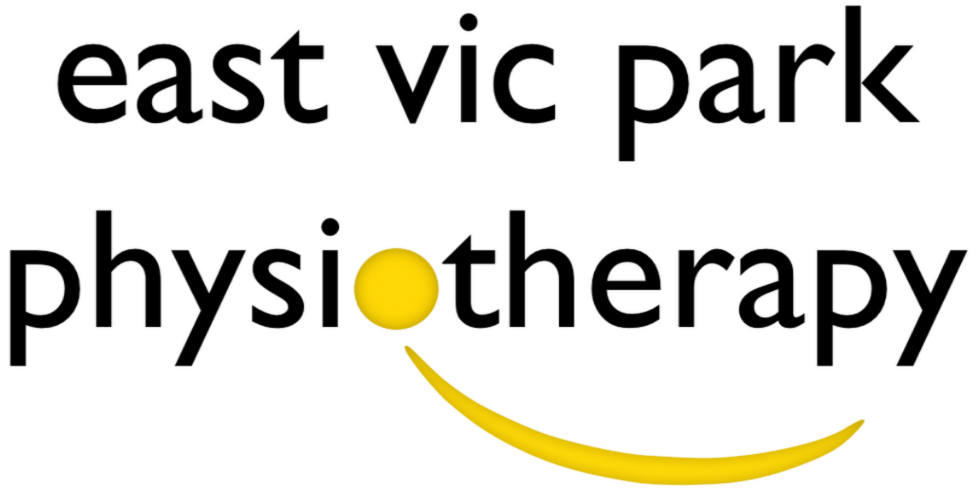Whiplash Associated Disorders
Whiplash is a common term often related to motor vehicle accidents. But what exactly is whiplash? What is the best treatment and what does it mean for the longevity of your neck health? Read below!
What is whiplash?
Whiplash is otherwise known as an ‘acceleration/deceleration’ injury, where the head moves forwards and backwards at high speed resulting in a stretch to the structures in the neck. A very high velocity or complex accident can cause significant injury to these structures, however the majority of motor vehicle accidents DO NOT result in structural damage to the bones, nerves, joints or muscles of the neck.
Pain is often described as an ache in the neck, sometimes extending into the shoulders and arm, or up towards the head. Headaches and/or pins and needles may also present.
I have been in an accident, what should I do?
Stay calm – remember majority of car accidents do not result in significant damage to your neck. If you have been involved in an accident, it is best to book in with your GP as soon as possible. They will be able to rule out any serious injury, provide pain relief and refer you to begin rehabilitation. Once serious injury is ruled out, the best thing to do is keep your neck gently moving. Heat or ice packs may help to relieve pain and relax muscles.
What is the best treatment?
Hands on therapy is rarely used to treat neck pain after a motor vehicle accident. Research shows massage and manipulation do not show lasting benefit and in some cases can be quite uncomfortable. Exercise rehabilitation is the best treatment for neck pain following motor vehicle accidents, which may be a combination of stretching, range of motion, breathing and relaxation exercises and strengthening exercises. These exercises may be performed at home, in the gym or even in the pool depending on your ability. Your physiotherapist can guide you through a progressive rehabilitation program to get you back to your old self.
Will I always have neck pain?
Absolutely not! Once serious structural injury is ruled out, there is no reason why you can’t have a full recovery. Despite this, it is not uncommon for pain to last a long time after the incident, however the biggest predictors of poor prognosis and ongoing pain are catastrophising and lack of sleep. The type and speed of collision have very little effect on recovery time.
